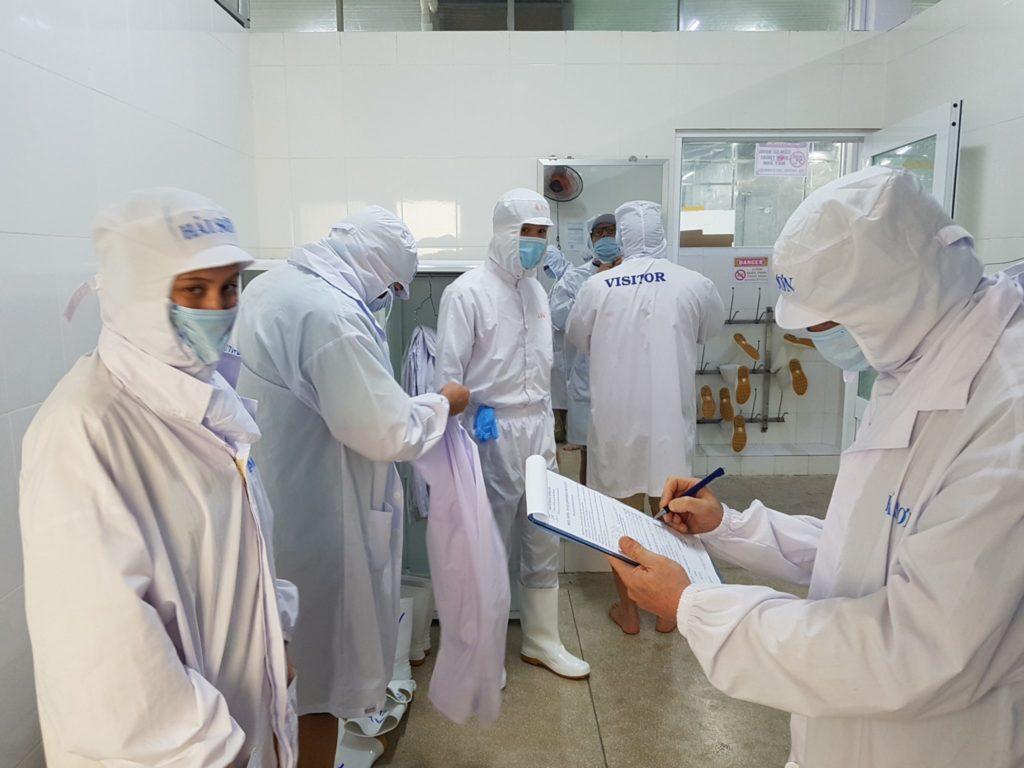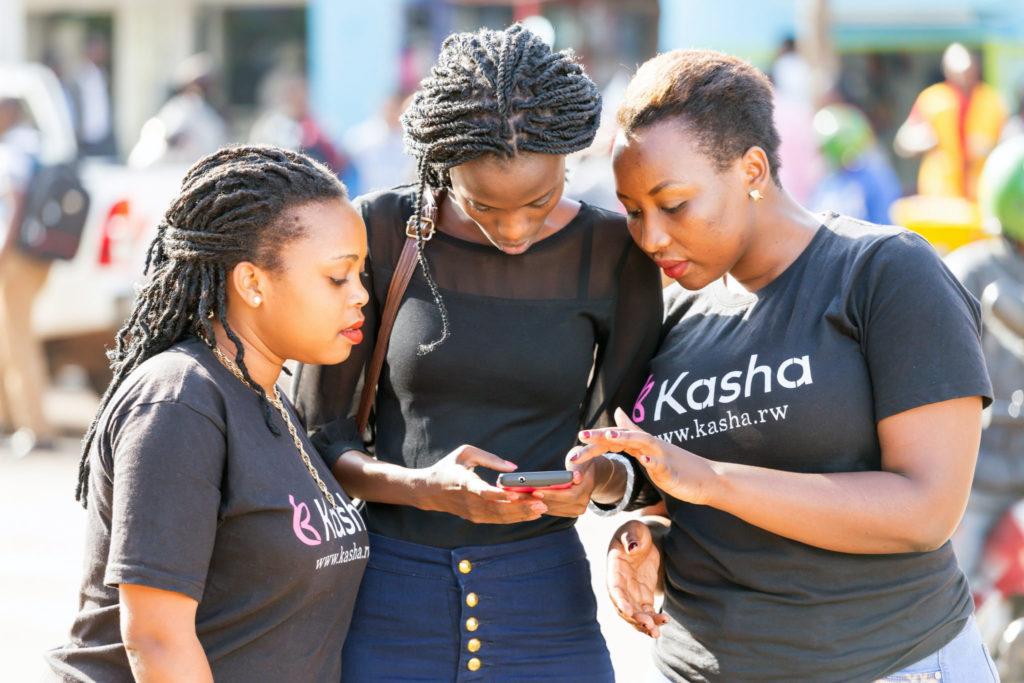December 21, 2020
2020: Lessons learned, challenges tackled
When I stepped off the plane in Nairobi on 3 February, I felt something was wrong. I’ve been to Nairobi more times than I can count, but never has the airport been so empty. I was on my way to the first Cheetah’s Roundtable event where Africa’s most promising, fast-growing agribusiness companies (the “Cheetahs”) would gather for a thought-provoking, interactive two-day meeting. The event itself turned out to be a success but it had a very serious undertone: The locust invasion had swept over farms in rural Kenya from December 2019 and was expected to lead to significant crop losses. And then there was the virus: the almost empty airport was an early sign of both tourism and business travel slowing down. Some of the roundtable attendees had already cancelled their participation.
Little did we know then what the rest of the year would look like. Day after day we’ve heard reports of how people have lost lives, loved ones and livelihoods. The COVID-19 crisis has also been an unprecedented shock to businesses. This is particularly true in our target countries, where financing is now needed more than ever. While other investors may hesitate, development finance institutions have a responsibility to keep financing viable companies and help them through the difficult times ahead. At the same time, we must remain vigilant in our analysis and limit our funding to clients that can survive and succeed. Only businesses that are well run and successful can create lasting development impacts.
Adapting to a new normal – but with the target more clear than ever
When I look back at the year 2020, I’m happy to see that despite all the challenges, we have managed to make investments that meet our targets and reflect on our strategy. Our cross-sectoral themes, gender and climate investments, both met their goals during the year: The Finnish government granted Finnfund a loan of 210 million euros to invest in climate action (105 million) and women’s empowerment (105 million). After only one and a half years, ahead of target, Finnfund has committed more than EUR 120 million to investments that strengthen the financial independence of women or provide important services for girls and women. Climate investments now stand at 92,3 million euros and are expected to reach the goal during Q1 in 2021.

Monitoring visit at Australis Aquaculture in Vietnam
This hasn’t come easily though. We, too, have adapted our operations. Our business model includes identifying new investment opportunities in developing countries and assessing their potential and performance from financial, development impact, environmental and social perspective before the investment decision and during the entire life cycle of the investment. Most of this work is done in our target countries, which means that our employees spend a lot of time outside our office in Helsinki.
After having restricted travel to the initial COVID-19 hotspots, we cancelled all travel plans on March 12. This was a big turning point for us. Looking back, I must say that we quickly found ways to adapt. Prior to this year, virtual due diligence was a rare exception. We pride ourselves on being an agile organisation. In practice, we started looking at each investment on a case-by-case basis to decide whether we can conduct the DD process virtually or if we should wait until traveling is again possible. Even our environmental and social advisors have now combined desktop work with pictures, videos and virtual walks when assessing and monitoring the potential risks and impacts of our investees’ business activities. While all this has worked surprisingly well, we do hope that we can soon visit our current and potential investee companies target countries again.
COVID-19 highlights the need for investments in healthcare and food security
This year has really underlined the importance of our investments in many sectors like healthcare, connectivity, agriculture and education to name but a few. Each and every investment decision has felt especially significant as we have, of course, taken into account the role these investments play in tackling the consequences of the pandemic. Aspects of COVID-19 have also entered into our due diligence and decision-making. In addition to our normal processes, we now analyze the management’s COVID action plan.
I’ve been particularly worried about the pandemic’s effects on food security. One of the most important investments on this front was a syndicated loan to ETC Group, a company that operates in 26 African countries and manages more than 400 warehouses and over 90 processing plants worldwide. This financing supports major agricultural supply chains in numerous African and Asian countries, which have been particularly affected by the pandemic.

Kasha improves women’s access to genuine health, hygiene and self-care products in East Africa.
In April, we decided to invest in Kasha, an e-commerce platform improving women’s access to genuine health, hygiene and self-care products in East Africa. During the investment process, Kasha’s role became more relevant than ever: as we conducted the due diligence, they were preparing for an active role in protecting people from COVID-19 by providing a safe way for people to purchase hand sanitizers, antibacterial soaps, masks and gloves.
While Kasha was our first investment in e-commerce, there were other firsts as well: In 2020, we made our first investment in the insurance sector by providing a USD 7.5 million loan to Softlogic Life Insurance PLC in Sri Lanka. With life insurance penetration of only 0.56% of GDP in Sri Lanka, this investment entails significant development impacts. Protection of vulnerable people sits at the heart of the Sustainable Development Goals. Access to insurance is known to improve financial security by preventing families from falling into poverty after facing a material or health related adverse occurrence.
Looking forward, we are needed more than ever
Another important milestone was reached this year when the OP Finnfund Global Impact Fund I raised EUR 76 million in the first funding round. As the first commercial Finnish impact fund to invest in emerging markets, the fund mobilizes private capital to investments that promote SDGs. Finnfund acts as an advisor and anchor investor to the fund. Internet connectivity has grown in importance during the ongoing COVID-19 pandemic, and it was pleasing that the OP Finnfund Global Impact Fund I contributed USD 12.5 million to foster the work of Net1 Indonesia in bringing internet connectivity to underserviced areas. Net1 also provides internet access to many schools and hospitals in the rural areas. The COVID-19 crisis has highlighted the importance of online schooling.
Our role as a DFI is not to hold back when times are difficult. Actually, it’s quite the opposite. DFIs are needed more than ever because some private investors are more cautious and at a stand-still with their investments.
Finnfund is seen as an important part of tackling the COVID-19 crisis in our target countries. The Finnish Government’s supplementary budget included an increase of EUR 50 million in the capital of Finnfund. This is the most effective way of securing our ability to operate effectively. It will provide opportunities and flexibility for innovation and responsiveness in fast-changing situations, which is particularly important during the COVID-19 crisis.
We are confident that for a patient impact investor like us, there are plenty of opportunities in developing markets. During this year, our portfolio has shown its strength: while some sectors have suffered from the pandemic, others have actually developed quite well. As we leave 2020 behind us and look into the future, we will work harder than ever to speed up the global advancement towards the financing and implementation of the SDGs and the UN 2030 Agenda.
Jaakko Kangasniemi
Managing Director, CEO, Finnfund
More blog posts
COVID-19 underlines the need for accessible healthcare
Ticking boxes or setting goals? Gender lens investing is a dialogue
Coronavirus underscores the need to invest in resilience
